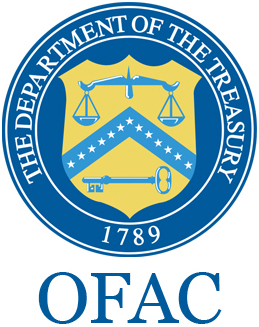
Lexpat Achieves Dismissal of Bogus State Court Complaint
- On March 30, 2023
- California, Civil Rights, Investigations, Litigation
Lexpat has secured dismissal of a complaint against a California-based small business for having a website that allegedly did not follow the requirements of the Americans with Disabilities Act (ADA). Lexpat’s Managing Director Adam Pearlman, who is licensed to practice law in California, led Lexpat’s engagement on this case.
California is one of several states that have seen thousands of small businesses hit with suits alleging that their sites are public accommodations that discriminate against people who, for one reason or another, are allegedly unable to browse them. The alleged deficiencies may be as simple as missing “alt text” from image metadata that would allow an electronic screen reader to “speak” a description of a webpage’s images to a visually impaired person, or might be more technical aspects of the website’s design.
In California, the Unruh Civil Rights Act (California Civil Code Section 51) creates an individual right of action for people claiming discrimination on any of several enumerated bases, including disability. This includes being able to sue a business for violating the ADA – a federal law – in California state court.
Unfortunately, it is well-documented that the law has created a cottage industry for serial plaintiffs, sometimes known as trolls, to seek out small businesses or other easy targets from a litigation perspective, and sue for alleged infractions of the ADA. Some of these individuals file hundreds of lawsuits a year, consistently alleging they earnestly wanted to browse a company’s site but were unable to do so, and therefore were discriminated against.
Although the threat of lawsuits by private individuals is certainly a powerful motivator for compliance with the law, the pattern of behavior of some of these plaintiffs – especially ones that file multiple lawsuits per month against small businesses after making no attempt to first contact the business and alert them to the issue – calls into question whether they have actually experienced harm, or are instead merely trolling websites in the hopes of an easy pay day. It’s a pattern that not only costs small businesses time, money, and energy in ways that ultimately harm their customers, but also creates heavy costs for the courts that have to docket these cases, often waving standard filing fees for the disabled plaintiff.
One of Lexpat’s core areas of expertise is promoting human rights and rule of law. We have seen extreme violations of these foundational principles all over the world, and have worked tirelessly to right those wrongs. But sometimes an accusation that a person, business, or government agency has violated someone’s human or civil rights is better left to dialogue than litigation. And at other times, the allegation is entirely unfounded. This was one of those, and Lexpat was proud to represent our client in securing the dismissal of the complaint against them.
For more information on Lexpat’s legal and consulting services, email [email protected].


